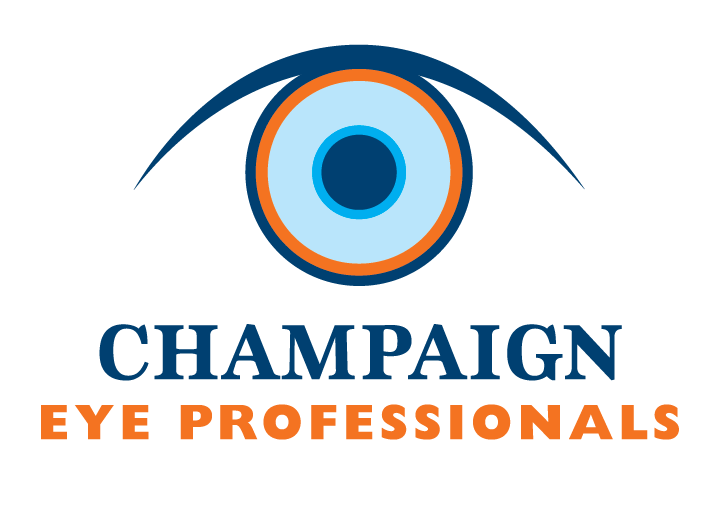Trying to Decide Between Glasses and Contacts? What to Consider
If you need corrective lenses, you’ll have to pick between wearing contacts or glasses. Some people prefer eyeglasses, while others prefer contacts.
If you’re new to prescription lenses and not sure which is best for you, your eye doctor in Champaign, IL, can provide you with guidance and information. At Champaign Eye Professionals, we’re happy to answer patient questions and give them information about these two types of prescription lenses.
Glasses: Pros and Cons
Glasses are worn on the face. They’re easy to put on and take off, and easy to clean. Glasses are a good option for people who want ease of use.
Glasses can impact how your face looks, so some people like glasses while others don’t. If you’re choosing glasses over contact lenses, it’s important to find a pair of glasses that you appreciate aesthetically.
Contacts: Pros and Cons
Contact lenses offer better peripheral vision compared to eyeglasses. Contacts are also safer to wear when playing sports. If you don’t like the way that eyeglasses look on your face, contact lenses may be the best option for you.
Contacts aren’t always easy to wear or take off, so some people are nervous about wearing them. Contacts can’t be worn all the time. Contacts that aren’t well-cleaned or are worn when they shouldn’t be can cause infection.
Which Is Right For You?
If you’re unsure whether to choose eyeglasses or contact lenses in Champaign, IL, contact your eye doctor at Champaign Eye Professionals. We can answer your questions and help you decide between these two prescription lens options.





